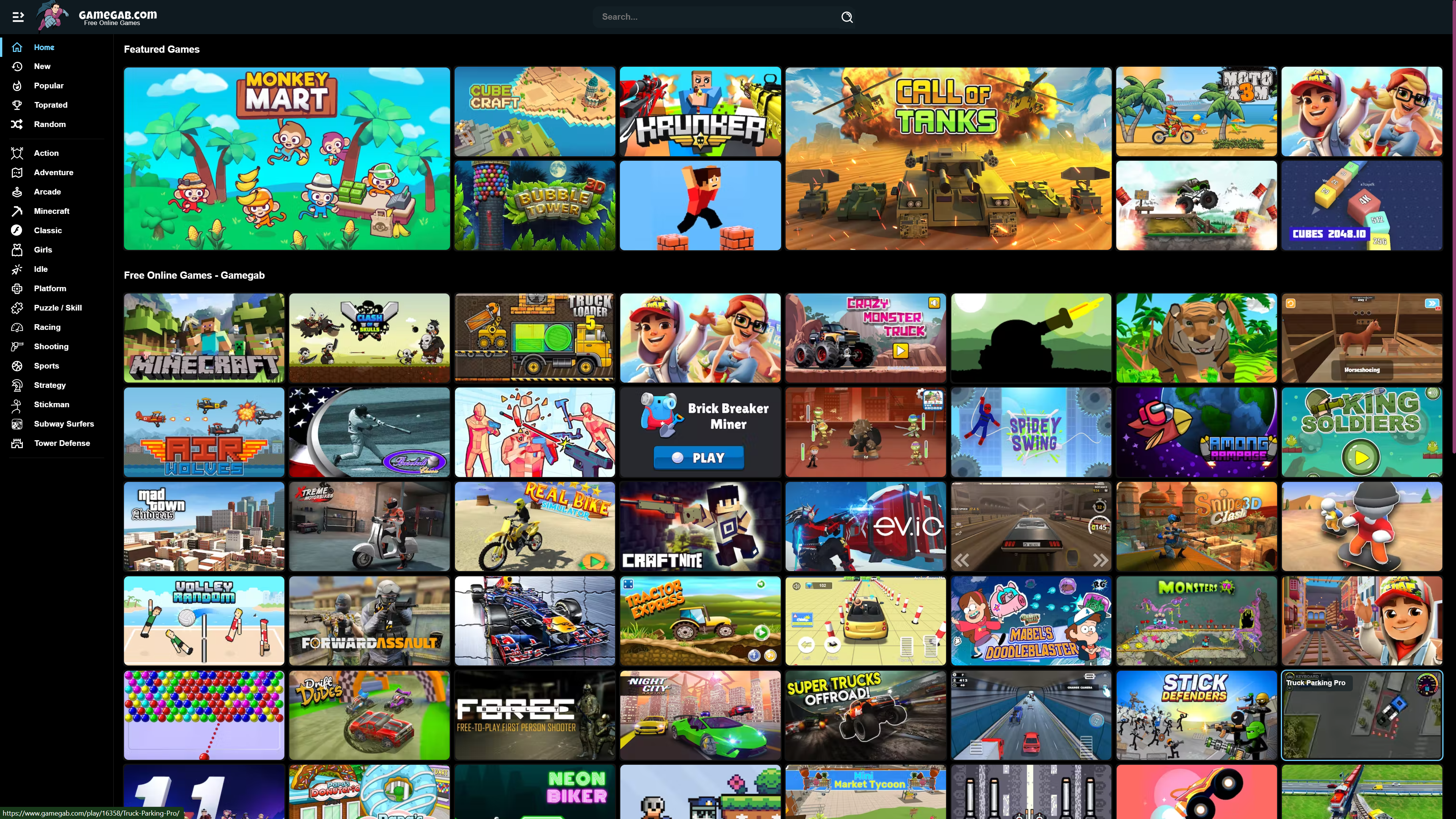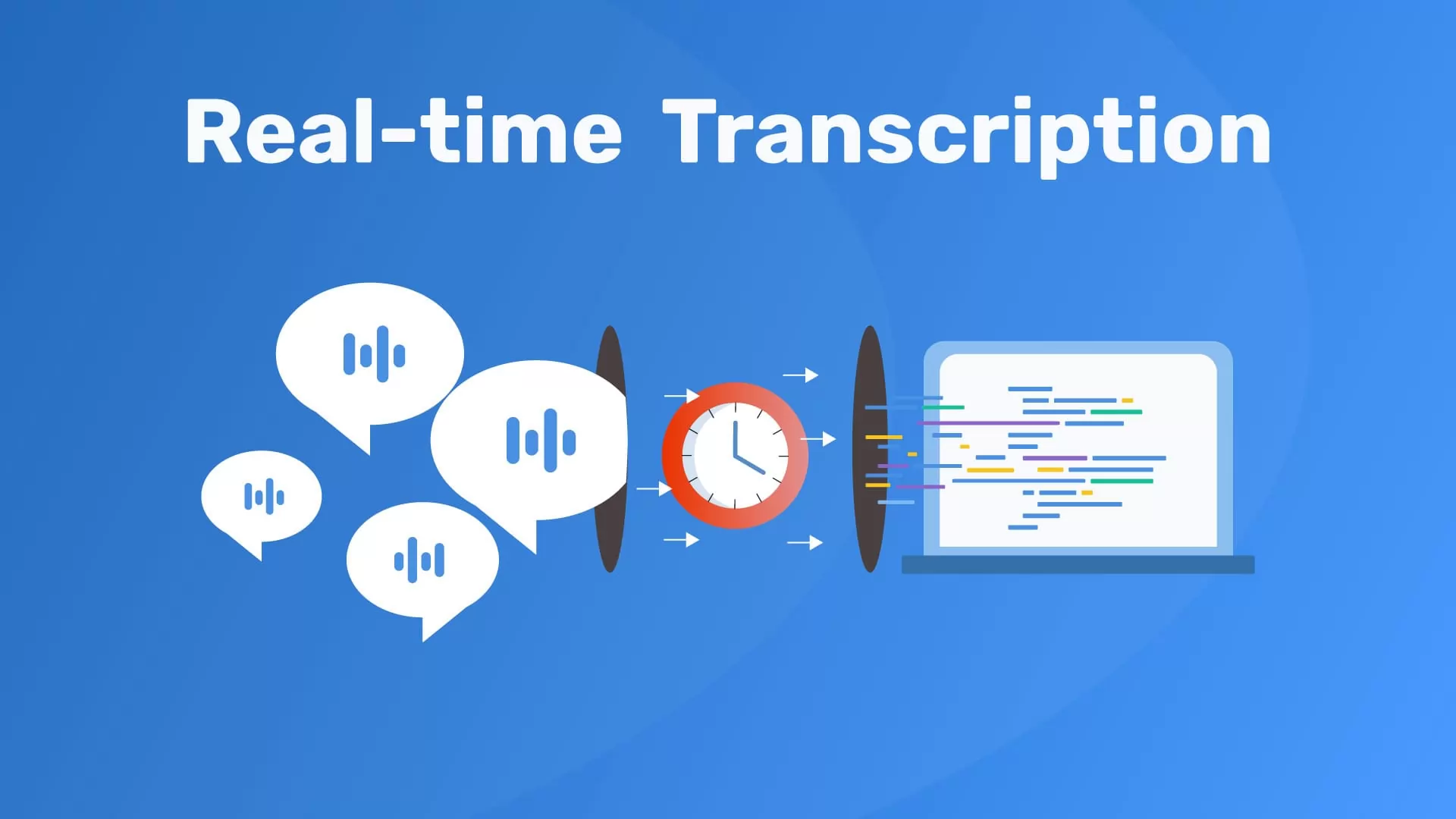6 Ways to Make Your Life Better With a Disability
Living with a disability is challenging. A physical disability is a life-changing event but manageable despite the limitations that come with it. Any disability should not dither anyone from living life to the fullest. Whatever the gravity of the situation, it is possible to make changes that will make your existence easier and offer a happy life.
Here are ways to help you handle limitations, overpower challenges and build a happy life:
1. Learn About Your Disability
Knowledge of your disability can give you much power, especially if it is new. People born with a disability at least have come to terms with their conditions. No matter the circumstances of the disability, it is vital to talk to your physician about what to expect. You can ask questions such as:
● If the disability permanent or temporary?
● Are there complications associated with your condition?
● Can you access any disability support services in your area?
● Do you require therapy to manage the disability?
● What changes would you need to apply to your lifestyle, job and activities to live normally?
Answering these questions will help you evaluate your situation and make the right decisions.
2. Adjust to the Situation
Coping with a disability can be a difficult transition. Most of the time, people take life for granted until it is no more. It becomes easy to keep thinking of what’s lost. Remember it is impossible to go back to your past. You must put limitations aside and cope with your disability.
You are the only person who has the power to change and improve your independence, empowerment and outlook. It doesn’t matter if you were born with the disability or if it happened later in life. You can overcome every hurdle to enjoy life to the fullest.
3. Find Ways to Reduce the Effect of the Disability on your Life
Disability changes your life in very many ways. It’s good to accept the situation by getting out of denial. You already have limitations that make things more difficult than before. Commitment and willingness to view things from a different perspective can reduce the impact on life.
Play as an advocate and educate yourself on your rights and available resources. You can also embrace things you can do, set realistic goals and practice patience. You take advantage of any adaptive technology to devices such as a white can or prosthetic. Try to let go of fear and not let the aids you use define you.
4. Ask and Accept Support or Help
Disability can make you feel alone and misunderstood. It is easy to withdraw from society, but that is not the right choice. Socializing and connection make a difference in your mood and perception. It is important to nurture and keep the right relationships. Try and spend time with family and friends to remain positive and hopeful.
Do not be afraid to join disability support to help beat loneliness by being around people with similar challenges. It will help you view life differently and know you are not alone. Disability can make you think people pity you whenever you ask for help. Doing this can make your growth emotionally or physically slower. It is crucial to let go of fear and ask for and accept the support you require.
5. Do Things That Give You Sense and Meaning
Disability strips you of many aspects of your identity. You keep asking yourself who you are, why you exist, and where you fit in society. Feeling less worthy is normal, especially if you cannot do simple chores, damaging your emotional and mental health.
You can avoid this by finding new things to do that will make you appreciate yourself. Volunteer in residential aged care facilities to keep your mind self-occupied. Develop new hobbies and activities that lift your mood. Being engaged throughout will do wonders for your emotional and mental health.
6. Prioritize Your Health
With disability, physical and mental strength is crucial. You can support the body with exercise, a healthy diet, plenty of sleep, and manage stress. Exercise helps keep your body fit, reduces depression, anxiety, and tension and improves sleep. The more you get fit, your confidence and self-esteem grow. You can do this by starting small and finding the right exercises. In addition, learn to listen to your body and stop comparing yourself to others.
A disability can be challenging and mentally draining because you need to put more effort into doing simple tasks. You can change that by accepting your situation, asking and accepting support and prioritizing your health. Following these tips will help make your life better despite the disability.











